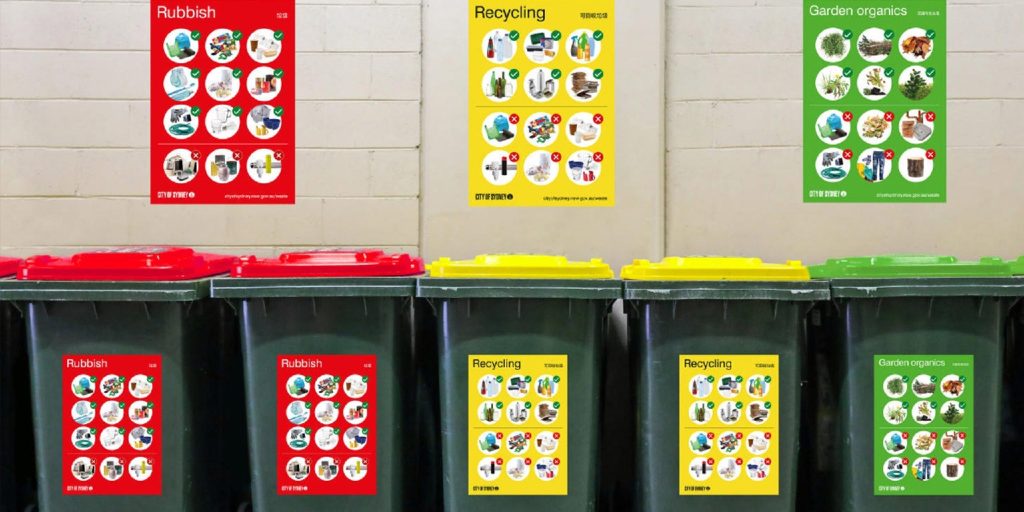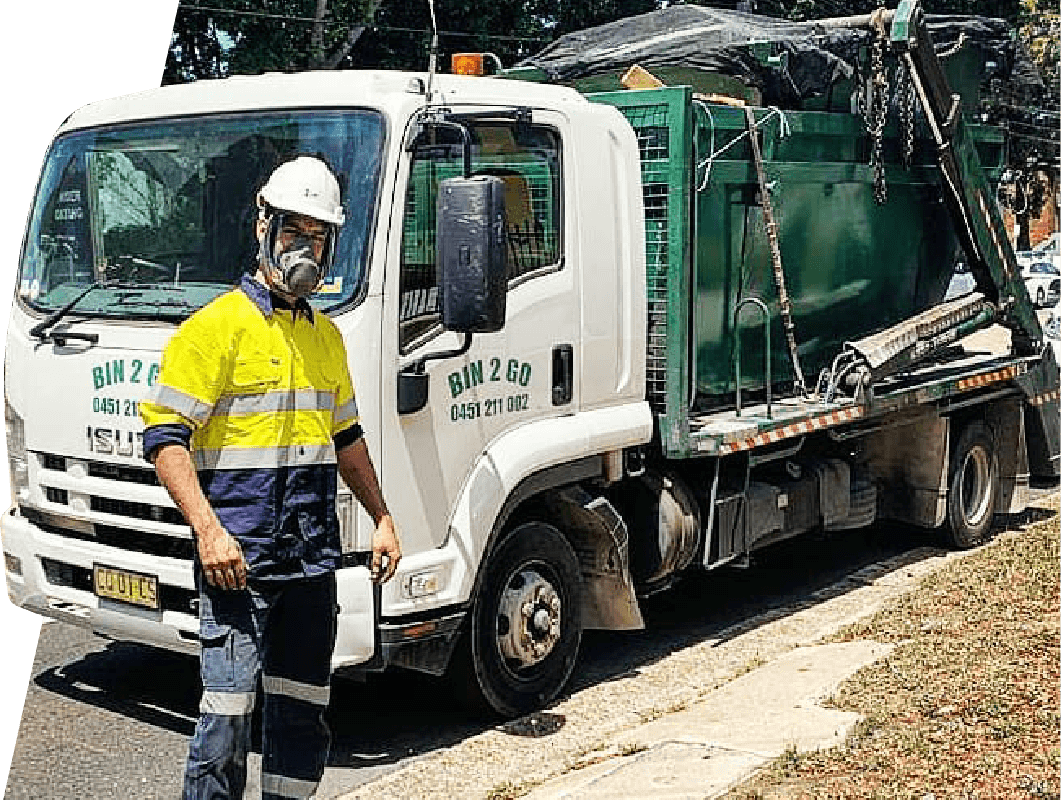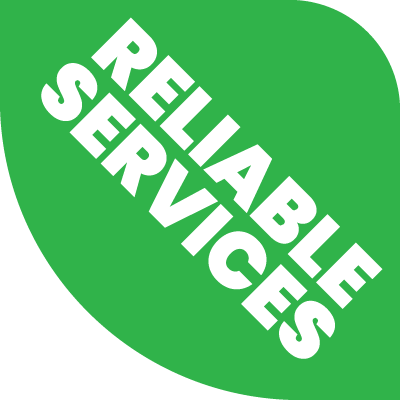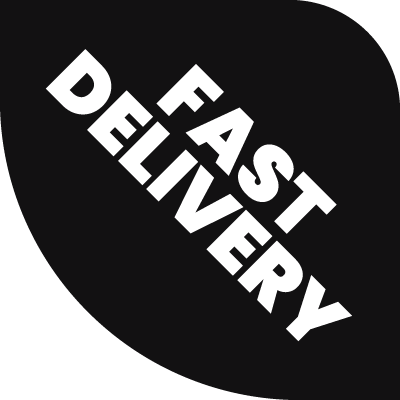The environment and public health may be negatively impacted by waste and littering in significant numbers. The amount of garbage that needs to be efficiently managed rises along with consumption. From littering cigarette butts and single-use plastics to abandoned food and garden organics, unlawful dumping of unwanted household items, construction and demolition garbage, and hazardous waste materials, including asbestos and chemical pollutants, waste can vary in size and variety.
If waste streams aren't harmful, recycling and reusing used goods and materials is an efficient approach to manage some of this trash and promotes a circular economy. As more waste is successfully diverted from landfills over the last few years, community knowledge of recycling choices has progressively grown. Here are a few statistics of waste and recycling in NSW:
- In 2019–20, 86% of NSW households had access to a council's kerbside recycling programme.
- 621,616 tonnes of kerbside organics were collected in total in 2019–20, an increase of around 12,000 tonnes from the previous year. This includes 405,717 tonnes of garden organics and 215,899 tonnes of organic food and materials. Additionally, organic materials were given by drop-off (125,873 tonnes) and clean-up collections (17,695 tonnes).
- In 2019–20, the state recycling rate—the quantity of waste recycled divided by the total amount of waste produced—was 64%, preventing 14 million tonnes of garbage from going to the landfill. Recycling has largely been constant since 2015.
- Of the 12.5 million tonnes of garbage created by construction and demolition (C&D), 9.6 million tonnes were recycled, constituting the majority of waste produced and waste disposed of in 2019–20.
- In six years, the volume of litter and the quantity of littered objects decreased by 43% and 19%, respectively, in NSW.
- Over the next 20 years, it's expected that NSW will produce more waste on a yearly basis, from 21 million tonnes in 2021 to roughly 34 million tonnes by 2041.

NSW Government Plan for Sustainability
- As part of its efforts to transition to a circular economy, NSW has also agreed to a contract that prohibits the export of raw materials like plastic, paper, glass, and tyres. This agreement raises the bar for infrastructure requirements and on-site processing.
- The NSW Government will implement the objectives and actions of the National Waste Policy as part of its dedication to the state's transition to a circular economy.
- The NSW Waste and Sustainable Materials Strategy 2041 lays out a 20-year plan for reducing waste and changing how the NSW economy produces, consumes, and recycles goods and materials. The vision and objectives in the NSW Plastics Action Plan are an important component of this and tackling each stage of the plastics life cycle.
- After the Premier's Priority Target to decrease litter by 40% by 2020 was achieved, a new state objective to reduce litter items by 60% by 2030 was established. NSW will track rubbish on land and at sea using new, more accurate measurement techniques.
The waste generated at home can be effectively managed with skip bins and recycling techniques. Bin2Go brings skip bins that are ideal for waste removal and clean-up of your residential, commercial and industrial properties. We also recycle our waste as a part of our process. Choose from a range of skip bin sizes at Bin2Go. Call us at 0451 211 002 for skip bin services.






